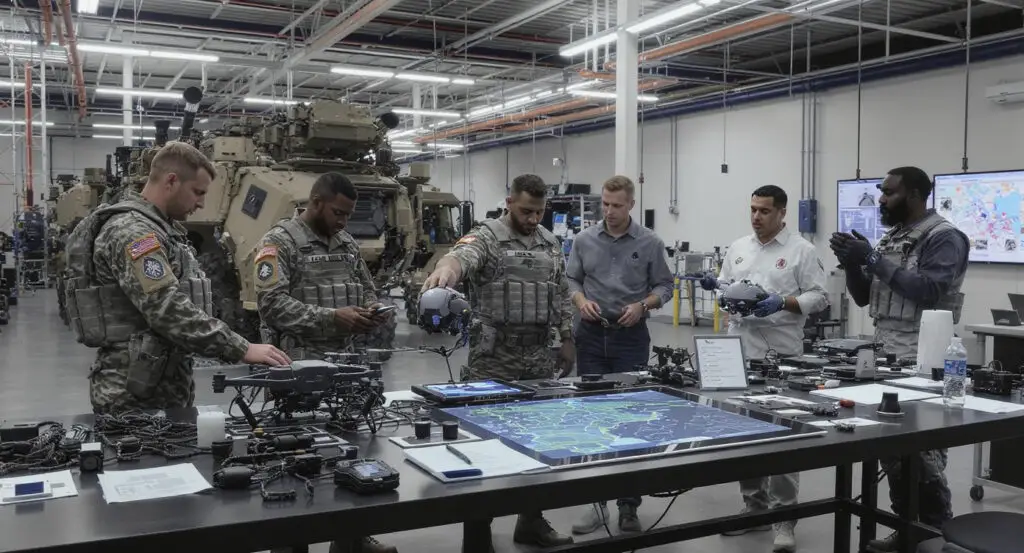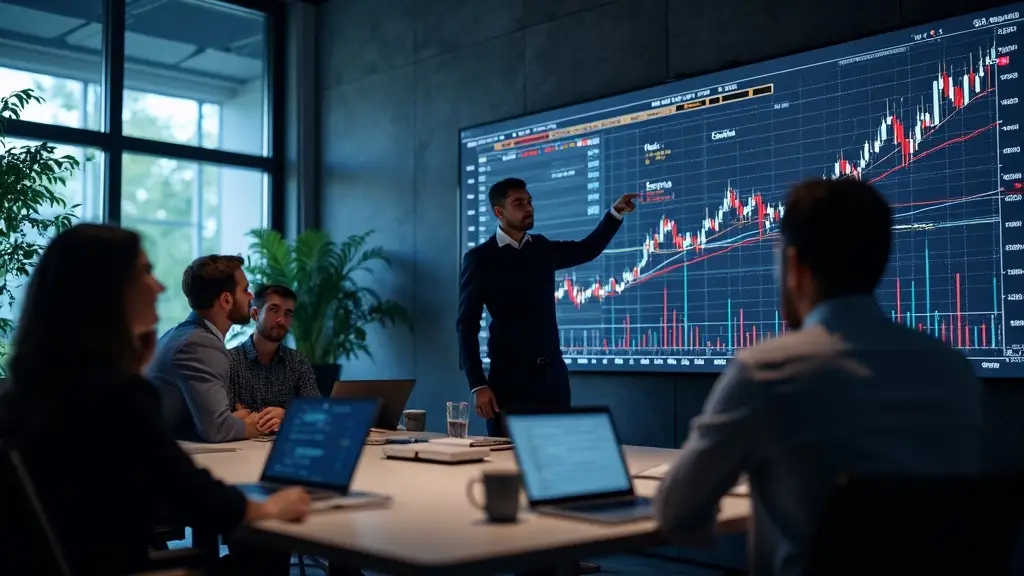U.S. Politics and The Widening Generational Gap
In general, younger adults in the U.S. exhibit less interest and engagement in politics compared to older individuals. While two-thirds of adults aged 18-29 acknowledge the importance of voting, they are notably less likely than those over 45 to fully grasp its value.
This generational divide extends to attention paid to American political news, a gap evident not only in general political awareness but also in how much different age groups prioritize issues like government spending and immigration. This trend suggests a growing disconnect in civic participation and political priorities across age demographics, raising questions about the future of political engagement.
Voting Importance: A Stark Generational Divide
The perceived importance of voting reveals a significant generational gap. Adults aged 18 to 29 are less likely than those 45 and older to consider voting “very” or “extremely” important. Specifically, older adults (45+) are far more inclined to say voting is “extremely important” compared to those under 45.
However, within the younger demographic, partisanship plays a role: young individuals who identify as Democrats or Republicans are more likely (around three-quarters) to view voting as important compared to young independents, where only 45% agree. This highlights that while overall youth engagement is lower, partisan affiliation still drives a sense of civic duty among younger voters.
Attention to Politics: Age and Party Differences
Beyond voting, attention to U.S. politics also diminishes with age. Adults under 45 are less likely than their older counterparts to closely follow U.S. politics, with a full third of younger adults reporting they do not follow it “very closely” or “at all.”
This trend is even more pronounced among teenagers aged 13-17, where an AP-NORC Teen poll found 44% do not follow politics closely. Only 17% of teens follow politics “very” or “extremely” closely, with 39% following “somewhat closely.” Among adults under 30, young women show less interest in U.S. politics than young men. Party identification also influences engagement, with young Democrats more likely than young independents or Republicans to follow U.S. politics closely, and young independents showing the least engagement.
Key Issues: What Matters to Young Adults
Among adults under 30, the economy consistently ranks as the most important issue. This is followed by healthcare, taxes, and natural disaster relief. Approximately half of adults aged 18 to 29 view government spending, trade negotiations with other countries, and immigration as personally important issues.
Notably, the situation in the Middle East is the issue area that garners the least personal importance among this age group. This prioritization reflects immediate concerns that directly impact their lives, such as economic stability and access to essential services, while broader geopolitical issues may seem more distant or less pressing.
Contrasting Priorities: Young vs. Older Adults
A significant divergence in issue importance emerges when comparing younger adults to older generations. Those aged 18-29 are less likely to view issues such as taxes, the economy, government spending, immigration, or trade negotiations as personally important compared to adults aged 45 and older.
The gap is particularly stark for adults aged 60 and older, who are especially likely to view government spending, natural disaster relief, immigration, and the situation in the Middle East as personally important. This difference is most pronounced in government spending, where 80% of those over 45 consider it a key issue, compared to only half of those aged 18 to 29, highlighting distinct generational perspectives on national priorities and their personal impact.
Gender and Partisan Influence Among Youth
While most younger adults perceive the importance of these issues similarly regardless of gender, party identification, or education level, partisan differences do emerge for specific concerns like healthcare and natural disaster relief.
Young Democrats are notably more likely than young Republicans to consider healthcare (83% vs. 57%) and natural disaster relief (71% vs. 43%) as personally important. This indicates that even within the generally less engaged youth demographic, political affiliation still plays a significant role in shaping individual priorities and perceptions of critical societal issues, driving a wedge in how different segments of young voters view the urgency and relevance of various policy areas.
Survey Methodology and Data Context
The findings are based on a nationwide poll conducted from July 10-14, 2025, using the AmeriSpeak® Panel, a probability-based panel from NORC at the University of Chicago. The survey involved online and telephone interviews with 1,437 adults.
The overall margin of sampling error is +/- 3.6 percentage points. To ensure sufficient data for analysis, respondents aged 18-29 were sampled at a higher rate than their proportion in the general population. For this specific age group, comprising 386 completed interviews, the overall margin of sampling error is +/- 6.6 percentage points. This robust methodology aims to provide a representative snapshot of political engagement across different age demographics in the U.S.
Implications for Future Political Landscape
The survey results paint a clear picture of a widening generational gap in U.S. political engagement, with younger adults showing significantly less interest in voting and following politics compared to older generations. This disengagement extends to their prioritization of key issues, often diverging from the concerns of their elders.
While partisanship still influences engagement among youth, the overall trend suggests a need for political discourse and outreach strategies to adapt to these evolving demographics. The long-term implications for voter turnout, policy priorities, and the overall health of democratic participation remain uncertain, but the data underscores a critical challenge for the future of American politics.
Read more:























